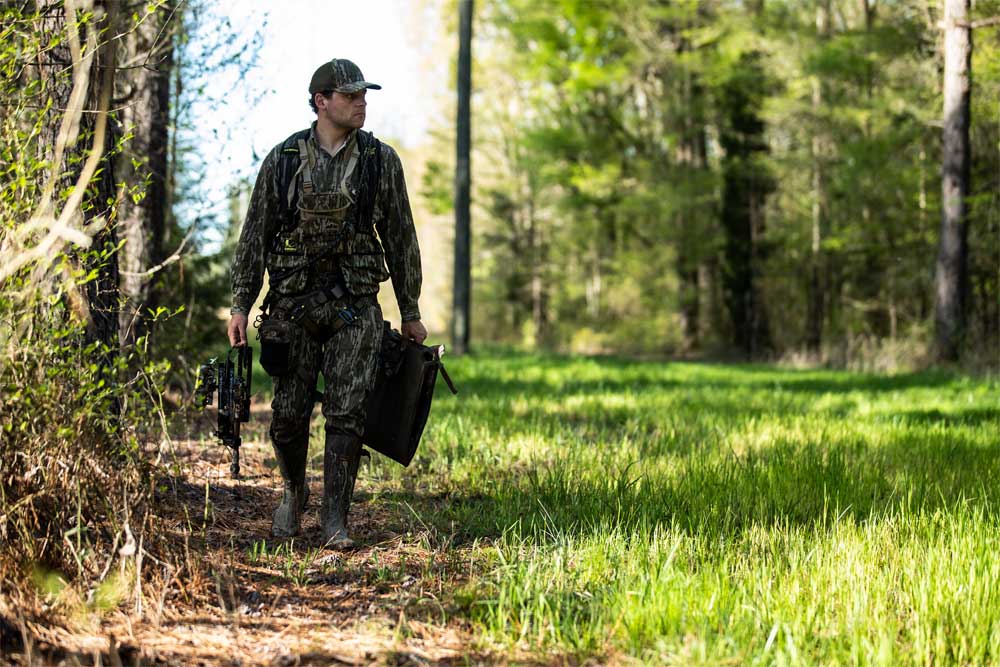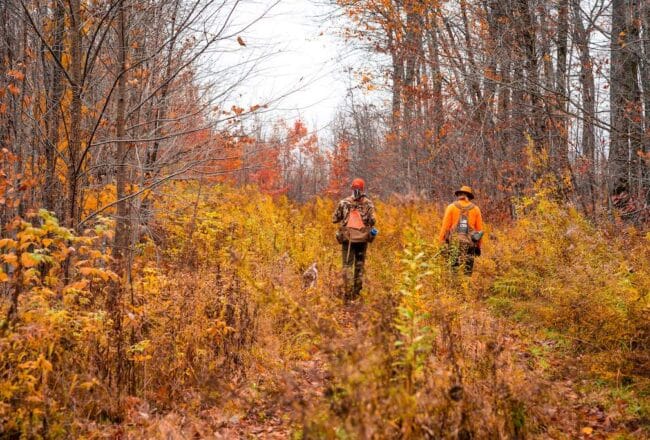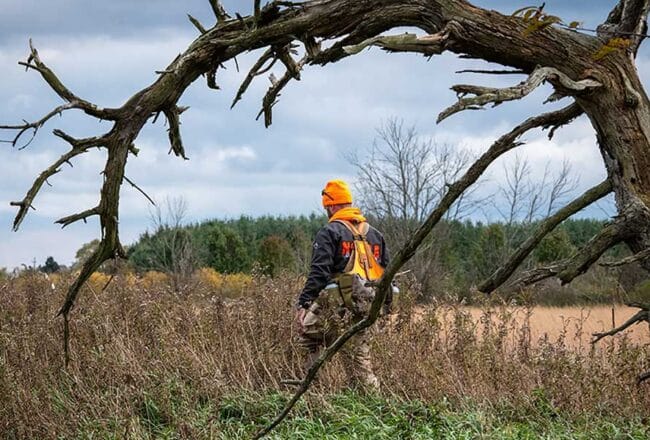If you are a hunter, you know that a successful hunt requires more than just going out during the season and finding your prey. It requires careful preparation and planning, some of which occurs well before the season begins. No matter what type of animal you hunt, you need to be well prepared. These are a few tips to help you get ready for hunting season.
Purchase Your License
Your first step should be researching your state’s regulations. You need to understand these regulations before you apply for and purchase your license. Your state’s regulations change may change every season, from dates to limits on the number of animals you can take. To get the most out of your hunt, review these changes and purchase the number of licenses you need or are allowed. Make your purchase well before the season starts, especially if you seek an out-of-state license. You want your license in hand, not in the mail, the day the season starts.
Gather Your Hunting Gear
Prepare for comfort and survival during your hunting trip. For example, research the clothing needs for your area, such as “hunting clothes Canada,” so you stay comfortable. Pack extra clothing, especially socks, in case you get wet. Include proper boots; you may even include waders if you plan to cross any creeks. Make sure to include your bright orange and reflective gear so other hunters can see you easily.
Check, repair, clean and sight-in your weapons. Include at least one very sharp knife. Purchase extra ammunition if you will use a gun and additional bowstrings and arrows for bow hunting.
In your survival kit, add a lighter, flashlight, GPS, extra batteries and a first aid kit. You may also include a headlamp and hunting blind. Consider purchasing a solar charger so you can keep your cell phone and other small electronics charged. You should also pack easy-to-carry food, such as freeze-dried meals. Don’t forget water or a straw or bottle that treats and filters water.
Scout Your Hunting Land
If you plan to hunt on private land, contact the landowner and gain permission. Whether you plan to hunt on public or private land, you should scout the land. Research the land online by looking for topographical maps and aerial photos.
Then, in the summer, spend time getting to know the topography and any dangers. Also, look for areas where the animals will bed down, such as areas where their food is plentiful. Look for deer trails. You may also add trail cameras at various locations so you can watch how the wildlife use the land. Identify the locations you want to set up your blind on a map.
If you plan to hunt, consider purchasing quality gear and prepare in advance for hunting season.




No Comment